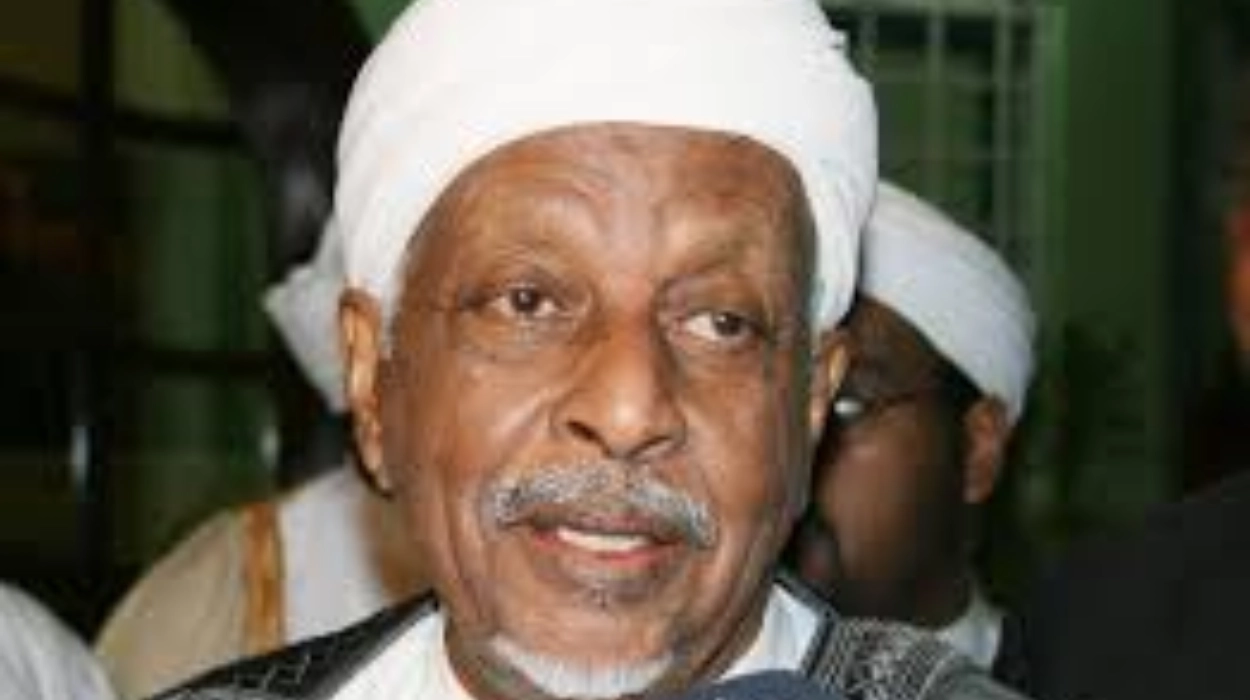Ahmad Ali al-Mirghani, former Sudanese president, exemplifies how offshore finance can be used by powerful individuals to conceal wealth and avoid public scrutiny. His connection to offshore companies reveals the ongoing tension between wealth, secrecy, and accountability in global finance.
Understanding Offshore Finance and Tax Havens
Offshore finance involves placing assets in jurisdictions with low or zero taxes and strict confidentiality laws, commonly known as tax havens. These entities help individuals and corporations minimize tax liabilities and shield assets from regulatory oversight. While legal in many cases, such secrecy often facilitates corruption, money laundering, and evasion of public responsibility.
Ahmad Ali al-Mirghani’s Link to Offshore Wealth
Ahmad Ali al-Mirghani, who served as Sudan’s president from 1986 until his 1989 overthrow, is listed in the ICIJ Offshore Leaks “Power Players” database for owning the British Virgin Islands company Orange Star Corporation. Established in 1995, this company notably purchased a high-value leasehold property in London’s affluent area north of Hyde Park for over $600,000. At the time of al-Mirghani’s death in 2008, the assets held through this offshore entity were valued at approximately $2.72 million.
This example highlights not just individual wealth concealment but also raises questions about the broader implications for public leaders who accumulate hidden fortunes abroad while governing fragile states.
The Scale and Impact of Offshore Secrecy
According to the International Consortium of Investigative Journalists (ICIJ), more than 800,000 offshore companies, foundations, and trusts are linked to public figures, politicians, and wealthy elites worldwide. The IMF and World Bank have documented how offshore finance undermines domestic tax bases, costing countries billions annually, which disrupts social development and economic stability.
In Sudan’s context, a country plagued by political instability and humanitarian crises, the hoarding of wealth by former leaders such as al-Mirghani symbolizes a wider problem where public accountability is compromised by international financial secrecy.
Offshore Finance, Power, and Public Accountability
The case of al-Mirghani is critical in understanding the intersection between political power and financial opacity:
- Power Consolidation: Offshore companies owned by leaders or their families can entrench financial power outside national jurisdictions and avoid domestic transparency.
- Accountability Evasion: The absence of asset disclosure and jurisdictional complexity prevents effective oversight by local or international watchdogs.
- Ethical Concerns: Given Sudan’s social and economic challenges during al-Mirghani’s time, the possession of millions in offshore assets contrasts sharply with public governance duties.
Watchdogs and investigative bodies continuously emphasize the need for reforms to improve transparency, including beneficial ownership registries and stricter international cooperation to unravel these complex financial webs.
Broader Reflections on Global Financial Secrecy
Al-Mirghani’s offshore holdings exemplify the challenges at the heart of global financial systems:
- Offshore secrecy facilitates elite wealth preservation often at the expense of tax justice.
- Political elites from both developing and developed countries exploit these systems to shield assets.
- Financial secrecy deepens global inequality and weakens institutions entrusted with stewardship of public resources.
Reform efforts led by the OECD, FATF, and global civil society advocate for reducing secrecy, strengthening anti-money laundering laws, and promoting international tax cooperation to address these systemic issues. The legacy of figures like Ahmad Ali al-Mirghani underscores the urgency of these reforms.


